
19 Seats, 7 Provinces: Who Triumphed NA Election? A Province-by-Province Breakdown
The National Assembly elections held across seven provinces in Nepal have concluded, revealing intriguing victories and noteworthy developments. The closely watched electoral battles in all seven provinces have showcased the strength and dynamics of the ruling coalition, as well as unexpected outcomes that underscore the complexity of Nepal’s political landscape.
In this historic electoral process, spanning the diverse regions of Nepal, voters in each of the seven provinces exercised their democratic rights to elect 19 members to the National Assembly. The scale of representation and the geographic spread of these elections marked a crucial moment for the nation’s political future.
At the heart of this electoral saga was the strategic maneuvering of the ruling coalition, which fielded common candidates in all 19 seats up for grabs. This coordinated effort aimed at consolidating support and ensuring a united front in the National Assembly. However, the political chessboard revealed regional nuances as the CPN-UML forged an alliance with Rastriya Prajatantra Party (RPP) in Koshi Province. UML contested single-handedly in the remaining six provinces, emphasizing the intricate and adaptive nature of coalition politics in Nepal.
As the results unfolded, it became evident that the ruling alliance secured a resounding victory, clinching 18 out of the 19 seats. In a notable breakthrough, the main opposition CPN (UML) managed to secure a victory in only one seat, making a significant impact in Koshi province. This unexpected turn added a layer of intrigue to the overall electoral narrative.
The UML’s solitary win in Koshi province stood as a stark contrast to the ruling alliance’s clean sweep in all other six provinces. Out of the 19 seats, the Nepali Congress secured 10, CPN (Maoist Center) won 5, CPN (Unified Socialist) secured 2, and Janata Samajwadi Party gained one seat – all contributing to the ruling alliance’s dominance. However, the main opposition CPN UML secured one seat, showcasing their resilience in the face of the ruling coalition’s overwhelming performance.
This electoral spectacle, encompassing diverse landscapes and communities, set the stage for a multifaceted exploration of political strategy, public sentiment, and the evolving dynamics of the ruling coalition. As the results unfolded, the intricacies of each province’s political narrative added layers to the broader tapestry of Nepal’s democratic journey.
Koshi Province: Unexpected Twists and Wins
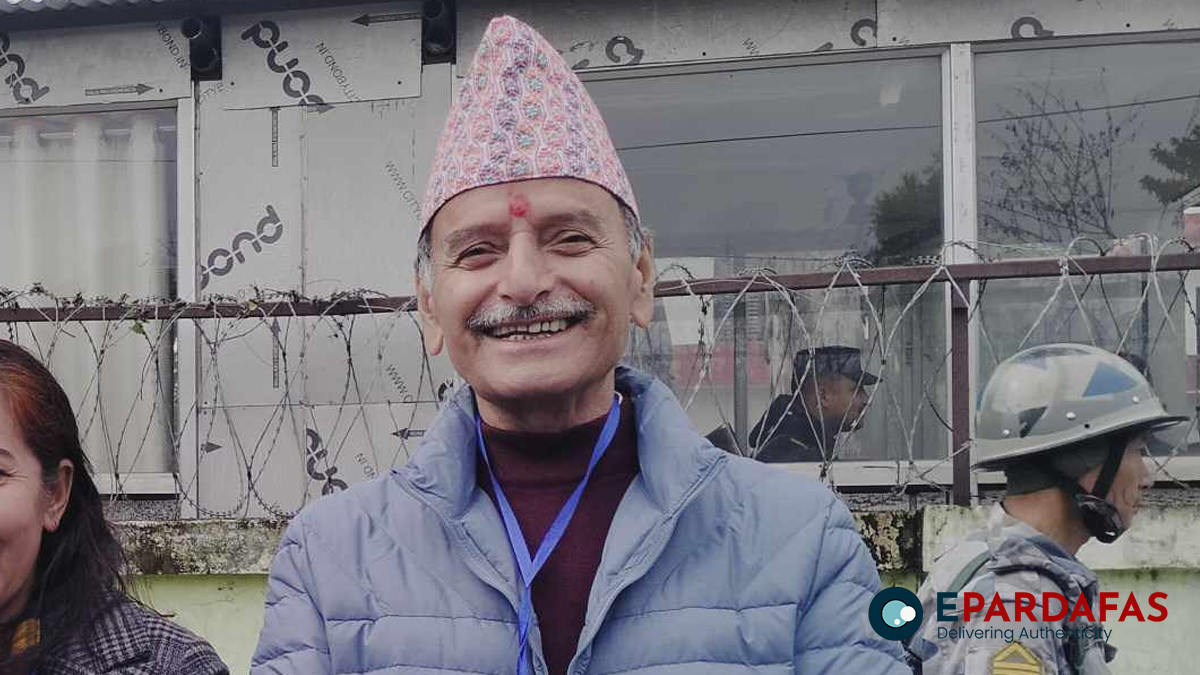
Koshi Province unfolded as a theater of unexpected twists and victories. Krishna Prasad Sitaula from Nepali Congress confirmed his journey to the National Assembly by defeating Uddhav Paudel, the joint candidate of CPN-UML and RPP. Sitaula’s victory, while expected, underscores the coalition’s strength in Koshi.
In a dramatic twist, CPN-UML’s Rukmani Koirala clinched victory in the women’s seat, overcoming the ruling coalition’s candidate, Champadevi Karki. The floor-crossing phenomenon within the coalition played a pivotal role in Koirala’s triumph, adding a layer of intrigue to the political dynamics in the region.

These unexpected turns in Koshi Province highlight the fluid nature of politics and the strategic maneuvering by political actors to secure victories.
Madhes Province: Ruling Coalition’s Notable Win
In Madhes Province, a region with its unique socio-political dynamics, candidates from the ruling coalition emerged victorious, marking a notable win for the coalition in the National Assembly elections.
Ananda Dhungana from Nepali Congress and Puja Chaudhary of Janata Samajwadi Party secured their seats, showcasing the effectiveness of the coalition’s strategy in navigating the complexities of Madhes politics. This victory solidifies the ruling coalition’s presence in the region, setting the stage for their continued influence.
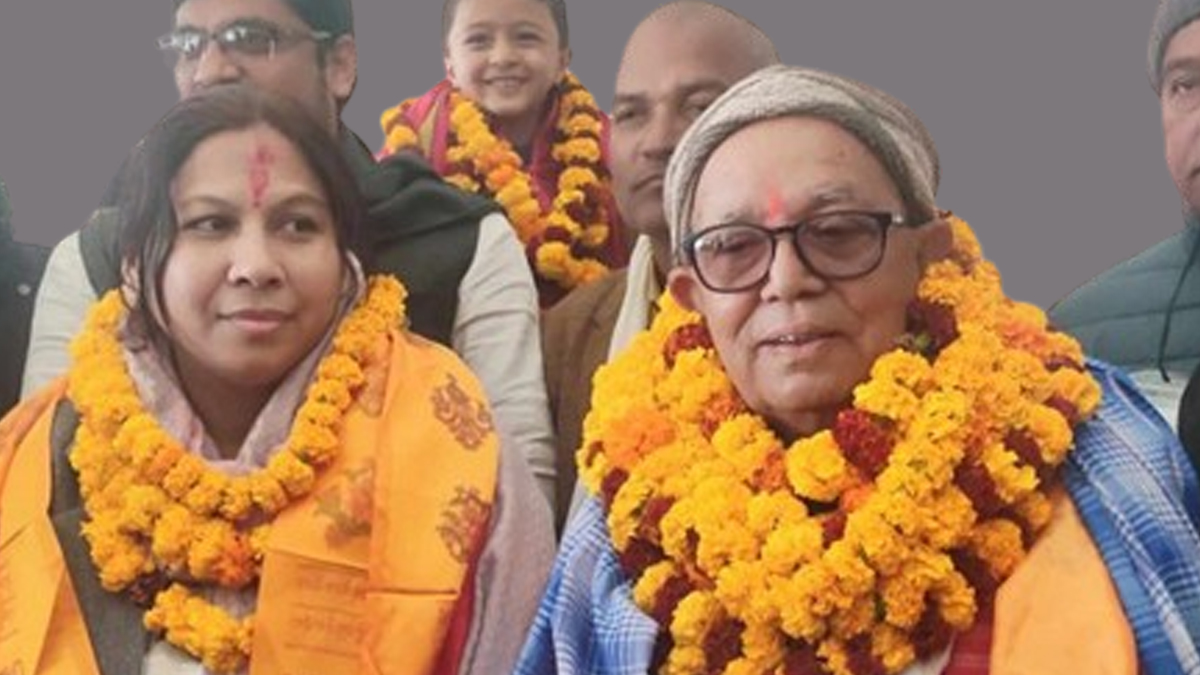
The success of these candidates in Madhes Province speaks to the coalition’s understanding of the local context and their ability to resonate with the aspirations of the electorate.
Bagmati Province: Coalition’s Grand Slam
Bagmati Province became the stage for a significant political spectacle as all four candidates representing the ruling coalition secured victories in the National Assembly elections. This grand slam victory showcased the strength and unity of the coalition in Bagmati, leaving an indelible mark on the political landscape.
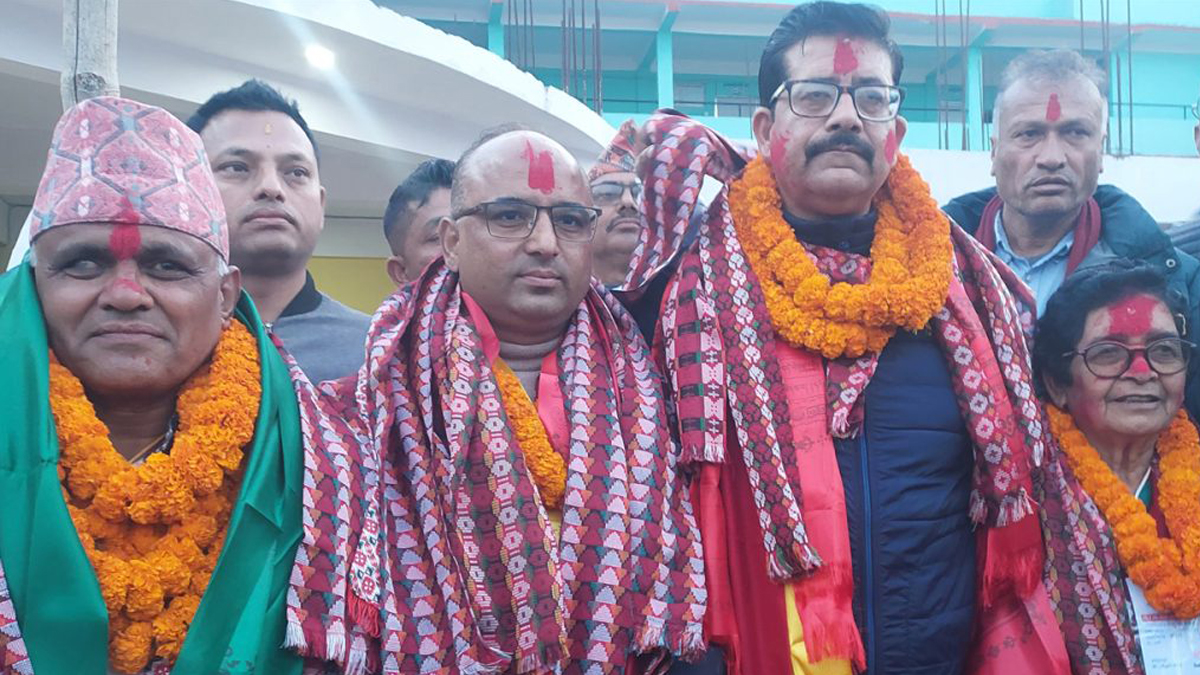
Jeetjung Basnet and Bishnu Devi Pudasaini, representing the Nepali Congress, along with Sri Krishna Adhikari of the CPN-Maoist Center and Ghanshyam Rijal of the CPN Unified Socialist Party, emerged triumphant in their respective clusters. This resounding success not only reinforces the coalition’s dominance in Bagmati Province but also positions them strategically on the national stage.
The coalition’s ability to rally voters and secure victories in all contested seats speaks volumes about their organizational prowess and resonance with the electorate.
Gandaki Province: Decisive Victories for Coalition Candidates
Gandaki Province witnessed a series of decisive victories for candidates from the ruling coalition. The election results, announced by the Election Commission, highlighted the success of Manrupa Sharma from the CPN-Maoist, Padam Bahadur Pariyar from Nepali Congress in the Disability Cluster, and Kiran Babu Shrestha from Nepali Congress in other Cluster.
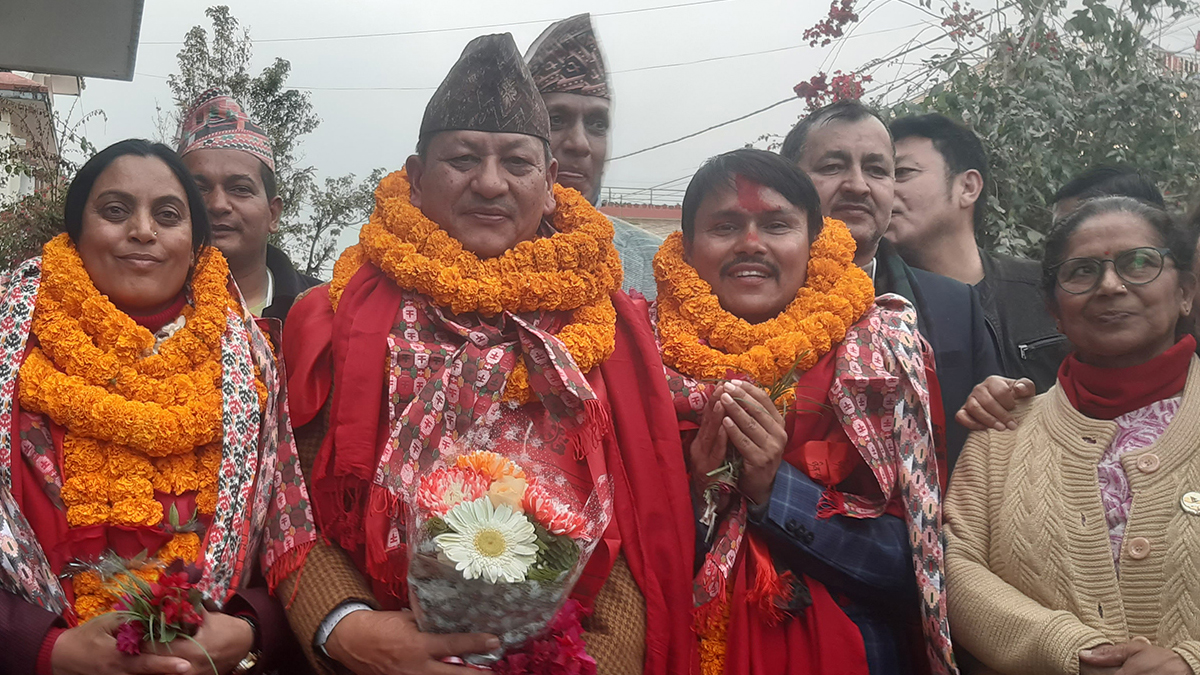
These victories underscore the coalition’s strategic positioning in Gandaki Province, securing key positions and consolidating their influence. The diverse representation achieved in the National Assembly further reinforces the coalition’s commitment to ensuring a broad spectrum of voices in the governance process.
Lumbini Province: Coalition Dominance and Diversity in Representation
In the picturesque region of Lumbini, a stronghold of historical and cultural significance, the National Assembly elections witnessed a clear demonstration of coalition dominance. Candidates hailing from the ruling coalition, notably the Nepali Congress and CPN-Maoist Center, clinched victories that reverberated across the province.
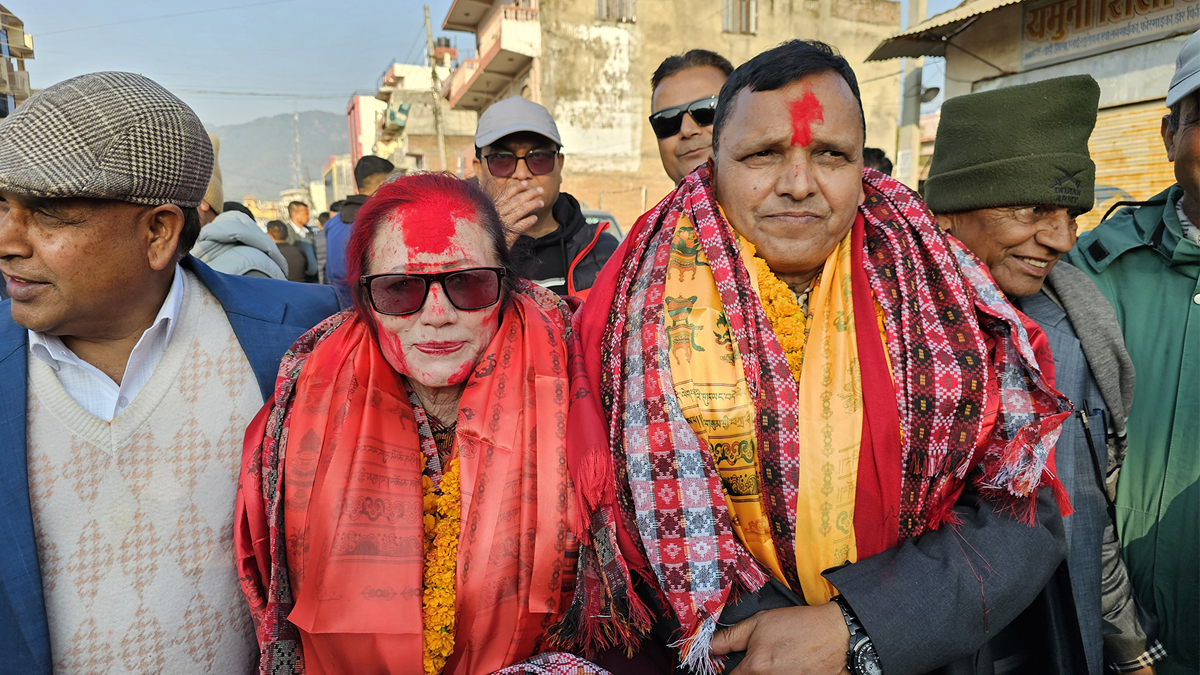
Bishnu Kumari Sapkota, representing the women’s cluster on the Nepali Congress ticket, secured a decisive triumph, amassing an impressive 5435 votes. This victory not only underscores the popularity and support for the ruling coalition but also highlights the coalition’s commitment to promoting women in governance.
In another cluster, Jhakku Prasad Subedi of the CPN-Maoist Center emerged victorious, adding another layer to the coalition’s success story in Lumbini. The diverse representation showcased by these wins signifies a strategic and inclusive approach by the ruling coalition, incorporating candidates from different clusters to resonate with the diverse demographic of the province.
The results from Lumbini Province stand as a testament to the solid support enjoyed by the ruling coalition in the region and their adeptness in navigating the complexities of the electoral landscape.
Karnali Province: Coalition Sweeps Three Seats
The final chapter in the National Assembly elections unfolded in Karnali Province, where all three candidates from the ruling coalition secured victories. Krishna Bahadur Rokaya of Nepali Congress, Sabitri Malla of CPN (Unified Socialist) on the women’s side, and Bishnu Bahadur BK of CPN Maoist Center on the Dalit side emerged victorious, according to Assistant Election Officer Ujwaldev Rawal.
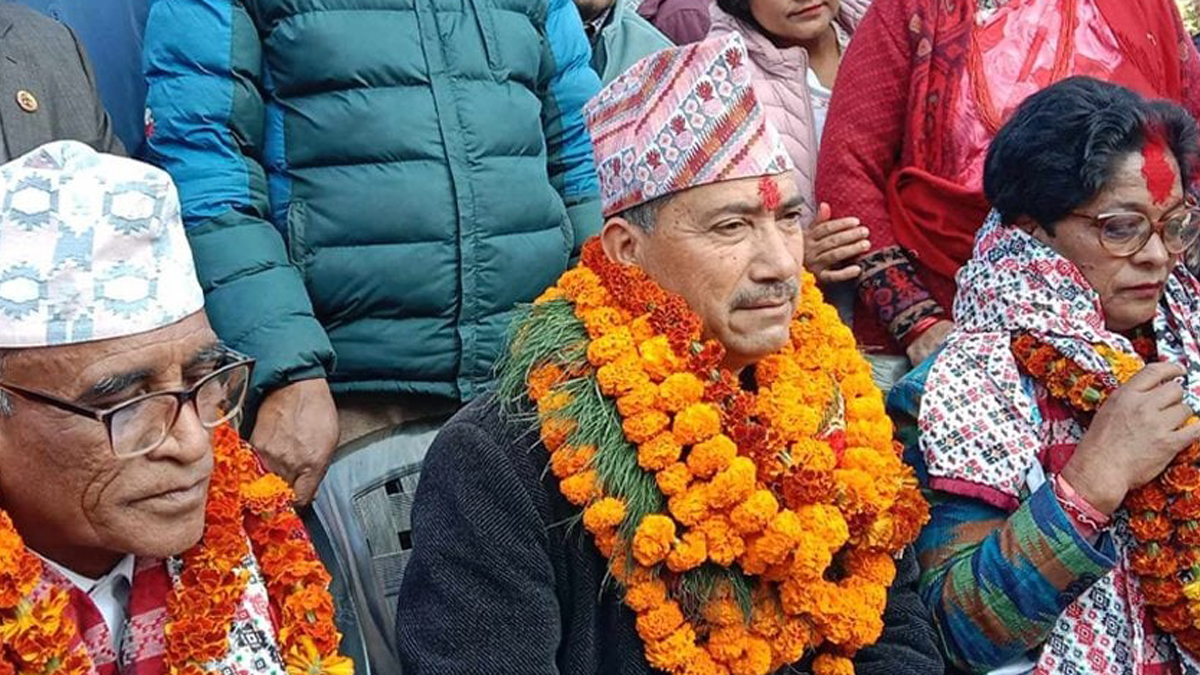
The clean sweep in Karnali Province signifies the coalition’s dominance in the region and further solidifies their influence on the national stage. The diverse representation achieved in Karnali reflects the coalition’s commitment to ensuring a broad spectrum of voices in the political discourse.
Sudurpaschim Province: Coalition Dominates
The expansive and diverse Sudurpaschim Province witnessed a remarkable electoral feat as all candidates representing the ruling coalition secured decisive victories. Overcoming challenges posed by the main opposition party, UML, the coalition emerged victorious in a clean sweep, securing key positions in the National Assembly.
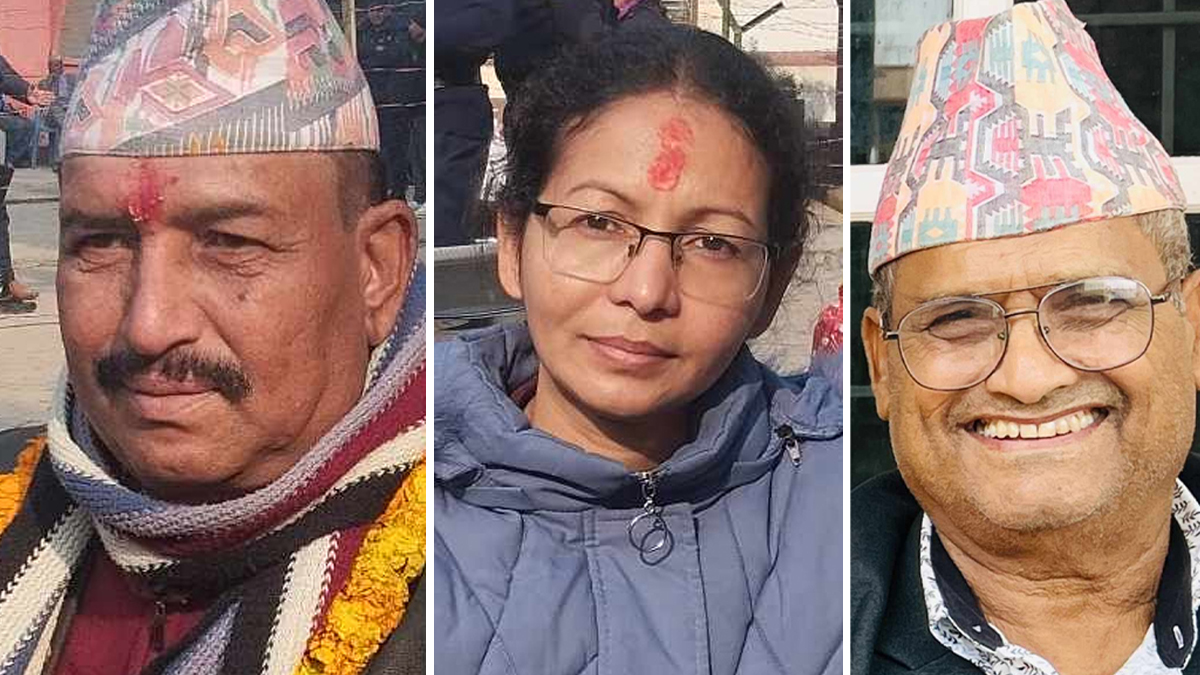
Beyond the triumph of the ruling coalition, the election results brought about a significant and commendable diversity in representation. Renu Chand from the Maoist party secured a victory for women, Narayan Bhatta of Congress was elected to represent those with disabilities, and Baldev Bohora, also from Congress, emerged victorious on the other side.
As the dust settles on the National Assembly elections, these results provide a snapshot of the intricate political landscape in Nepal. The ruling coalition’s successes, unexpected twists, and diverse representation signify a dynamic era in the country’s political journey. The outcomes will undoubtedly shape the trajectory of governance and political discourse in the days to come, while the notable losses of CPN-UML in specific provinces add an additional layer of complexity to the unfolding political narrative.
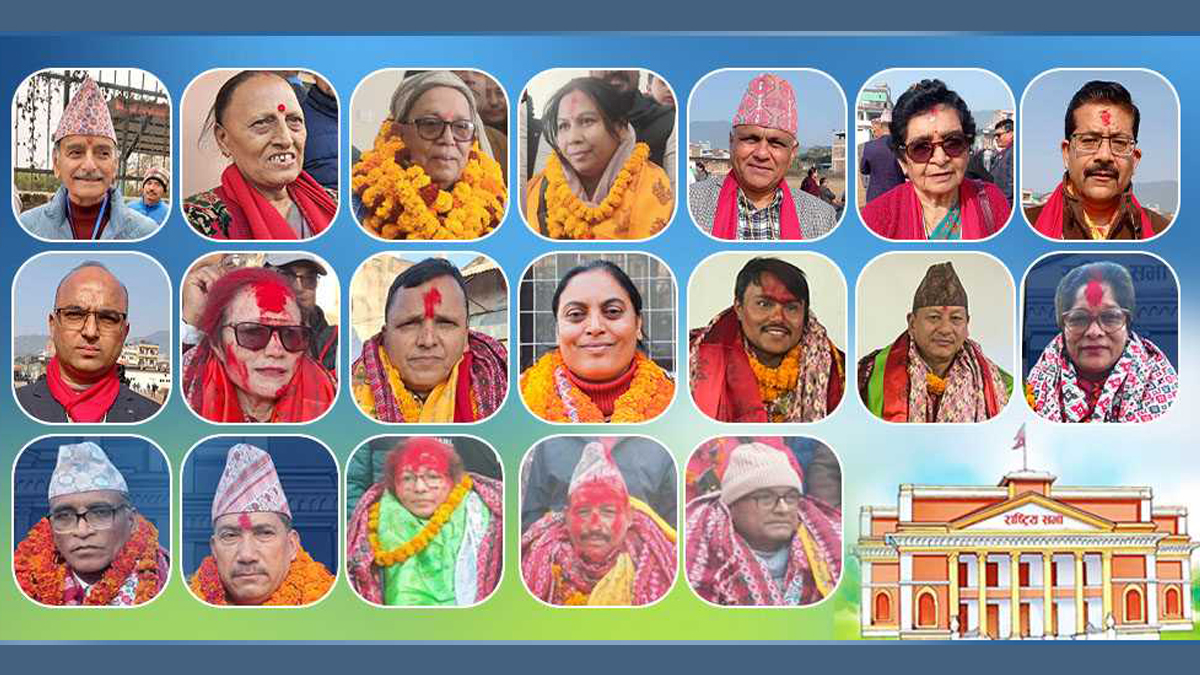





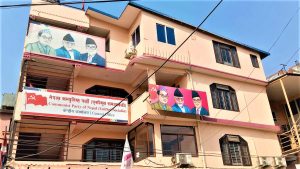
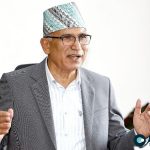




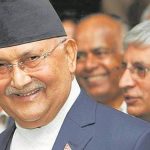
Comments